Physics
Sign up for our newsletter
We summarize the week's scientific breakthroughs every Thursday.
-
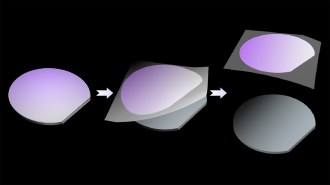 Materials Science
Materials ScienceScotch tape is key to creating thin films of diamond
The sticky stuff helped peel sheets of diamond less than a micrometer thick off silicon wafers, creating membranes useful for electronic devices.
-
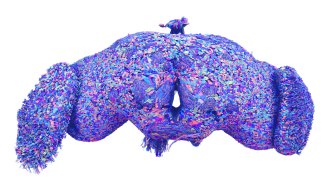 Life
LifeHere are 8 remarkable scientific firsts of 2024
Making panda stem cells, mapping a fruit fly’s brain and witnessing a black hole wake up were among the biggest achievements of the year.
-
 Physics
PhysicsNotre Dame is reopening. What does that mean for its acoustics?
Researcher Brian Katz is studying the acoustics of the Paris cathedral and how it’s been altered throughout the centuries.
-
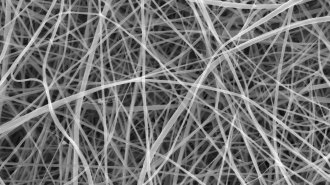 Materials Science
Materials ScienceStarchy nanofibers shatter the record for world’s thinnest pasta
The fibers, made from white flour and formic acid, average just 372 nanometers in diameter and might find use in biodegradable bandages.
By Skyler Ware -
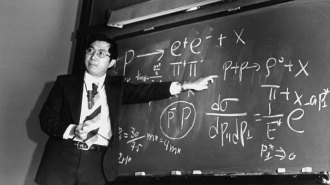 Particle Physics
Particle Physics50 years ago, physics underwent a major revolution
The discovery of new subatomic particles cemented quarks as a cornerstone of the standard model of particle physics.
-
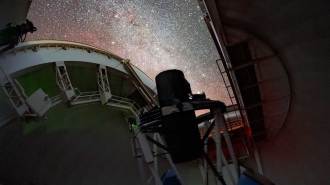 Cosmology
CosmologyEinstein’s gravity endures despite a dark energy puzzle
The DESI project previously reported that dark energy — long thought to be constant — changes over time. A new analysis reaffirms that claim.
-
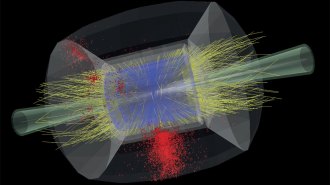 Particle Physics
Particle PhysicsAccelerated muons bring next-gen particle colliders closer to reality
Muon colliders could slam the subatomic particles together in hopes of unlocking physics secrets. Giving muons a speed boost is a crucial step.
-
 Particle Physics
Particle PhysicsAntimatter could travel by truck, a test with protons shows
A special particle trap designed to fit in a truck let researchers haul 70 protons across the CERN campus. Antiprotons may be next.
-
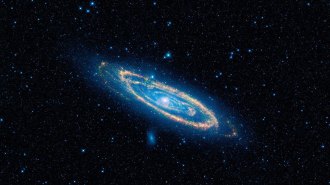 Astronomy
AstronomyA star winked out of sight. Could it be a ‘failed supernova’?
The dramatic dimming of a star in the nearby Andromeda galaxy could mark the birth of a black hole.
-
 Tech
TechFeather-inspired airplane flaps could boost flight performance
Rows of flaps inspired by bird wing feathers improve airfoil performance by boosting lift, reducing drag and mitigating stall.
By Nikk Ogasa -
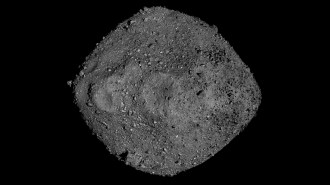 Space
SpaceA near-Earth asteroid offers clues to one dark matter theory
Data from the OSIRIS-REx mission to Bennu place a ceiling on the strength of a hypothetical fifth force that could explain dark matter’s origins.
-
 Tech
TechTech companies want small nuclear reactors. Here’s how they’d work
To fuel AI’s insatiable energy appetite, tech companies are going big on small nuclear reactors.